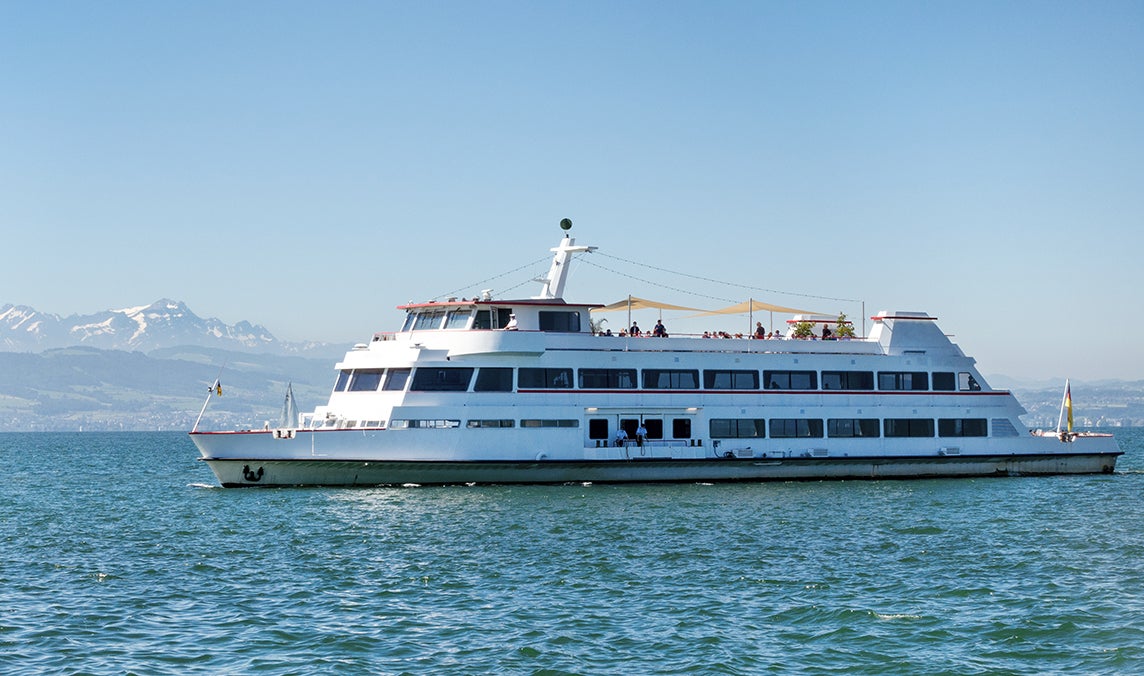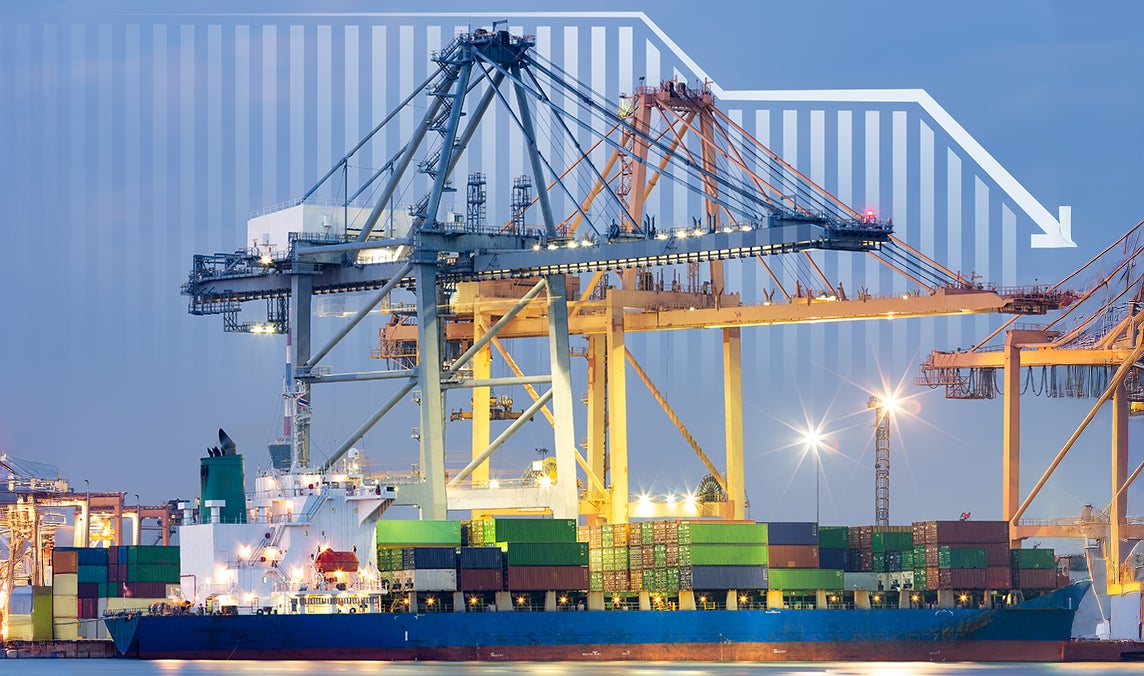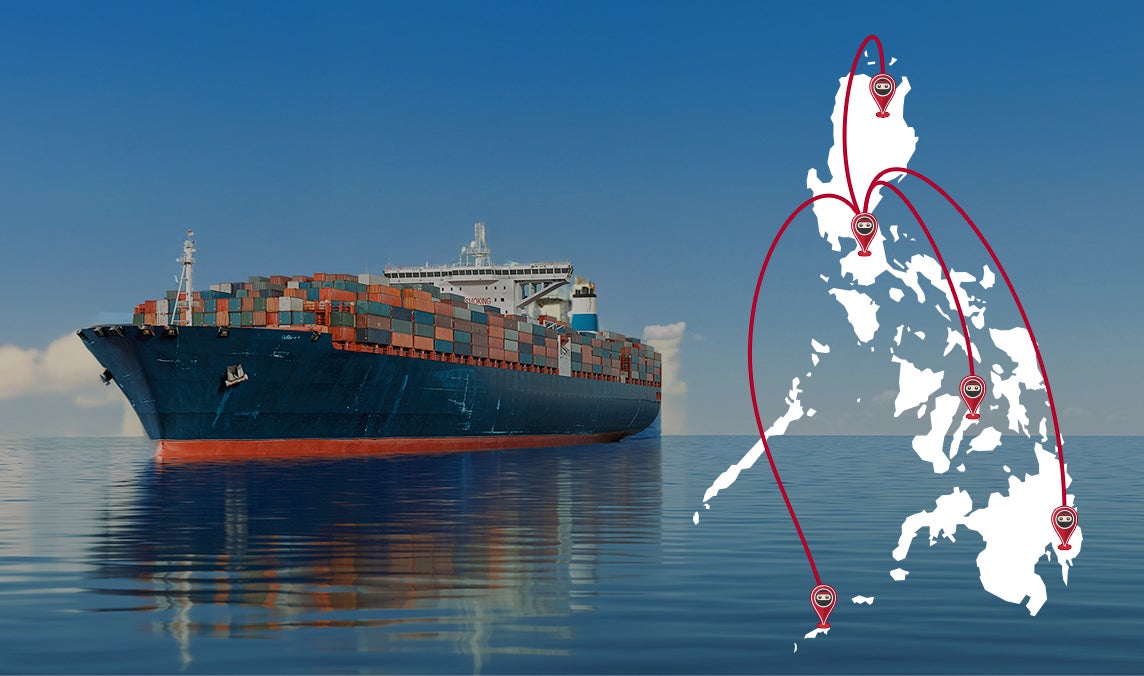RoRo in the Philippines: Challenges, Solutions, How to Optimize Interisland Shipping
.webp)
The Philippines relies heavily on interisland shipping to connect its regions and sustain its economy. However, companies that ship from island to island typically face complexities when transporting goods across vast stretches of water to reach customers and business partners. Among the issues they must grapple with are schedule delays and limited capacity.
Fortunately, roll-on/roll-off (RoRo) services, a vital part of interisland shipping, provide a practical and cost-effective solution for moving goods nationwide using ferries and land-based vehicles. Simply put, RoRo services make interisland shipping fast, efficient, and affordable.
What is RoRo (Roll-on/Roll-off)?
RoRo services in the Philippines expanded during the 2000s with government initiatives like the Strong Republic Nautical Highway to improve interisland connectivity. These services have become indispensable for retail, agriculture, and logistics entrepreneurs—offering faster, more frequent deliveries, and reduced transport costs.
The RoRo system uses ramps that allow rolling cargo of all shapes and sizes, including vehicles, to be driven or towed on and off sea-going vessels.
Compared to traditional container shipping that involves cranes transferring containers onto the vessel, RoRo transportation wheels cargoes into delivery ships for a faster turnaround and safer handling of goods. RoRo shipping is also often cheaper due to less overhead expenses.
Who Needs RoRo Philippines Services?

Some sectors, like retailers, agricultural producers, and pharmaceutics manufacturers, are particularly vulnerable to the challenges of transporting goods and raw materials between islands. They have more pressuring needs than other industries—constant restocking, fast-paced operations, and safety concerns and standards—that necessitate reliable and cost-effective logistics systems.
The growth of the e-commerce sector has also added to the demand for faster, more flexible shipping solutions. With consumer expectations for next-day or same-day delivery on the rise, businesses are increasingly looking for logistics partners capable of meeting these demands.
Moreover, as global trade expands, integrating RoRo services with advanced supply chain technologies has become even more critical for maintaining competitiveness.
Businesses leveraging RoRo can benefit from complementary solutions like trucking services to seamlessly transport goods from ports to their final destinations. By combining these services, entrepreneurs like yourself can optimize distribution logistics and streamline deliveries—not to mention RoRo fare rates in the Philippines give value for money.
What Are the Benefits of Having a Strategic RoRo Partner for Businesses?
For business entities involved in cargo shipping, having a strategic RoRo partner an array of advantages that can streamline operations, cut costs, and expand market reach.
Cost-effective shipping for bulky goods
RoRo is economical for transporting heavy or oversized items like vehicles, agricultural equipment, or construction machinery. These items typically incur significant fees because they require specialized handling methods. RoRo cargoes are wheeled directly onto the vessel, slashing the costs associated with packaging and containerization. Likewise, bulk shipping of other consumer goods is practical with RoRo.
Additionally, RoRo integrates sea routes with land transport, allowing shipping vehicles to shorten their journey via waterways instead of taking longer overland detours. This enhanced transport method saves time, fuel, and money for logistical efficiency.
Moreover, a strategic RoRo partner often maintains solid relationships with RoRo operators and terminal authorities. This enables them to negotiate favorable rates and secure priority slots for shipments. By leveraging these partnerships, they can pass cost savings on to your business, further reducing expenses and ensuring smoother, more efficient logistics operations.
Faster loading and unloading process
RoRo vessels may be built-in with mechanized ramps or link to shore-based ones, enabling cargo-containing vehicles to board directly on and off the ship. This efficient rolling on and rolling off of the vessel reduces port time, as trucks or vehicles can land just minutes after docking to continue their route and catch up on tight delivery schedules.
The efficiency of RoRo shipping largely depends on the expertise of your partner. A trusted RoRo partner will have the systems and processes in place to ensure vehicles roll on and off vessels quickly with well-managed shore-based infrastructure. By choosing a partner who prioritizes speed and efficiency, you can significantly reduce downtime and maintain a reliable supply chain.
Reduced risk of cargo mishandling
Since RoRo eliminates the need for manual loading and unloading, the chances of cargo damage or accidents are significantly reduced. A strong RoRo partner mitigates these risks by streamlining loading and unloading procedures and ensuring staff are properly trained in cargo handling best practices. For perishables, goods can arrive safely in tip-top quality or condition, minimizing wastage—a critical factor for industries like F&B, agriculture, pharmaceuticals, etc.
Improved market reach
RoRo allows businesses to access new markets through a multipronged strategy in distribution logistics that combines land and sea transport. A strategic RoRo partner can help expand your market reach by leveraging their logistics networks. Entrepreneurs can further enhance operations by integrating priority handling services like door-to-door delivery, ensuring goods reach customers with minimal waiting times. This expanded distribution capability is crucial for growing customer bases and scaling operations.
Environmental sustainability
A strong RoRo partner can support your business's sustainability goals. By coordinating shipments effectively, they can help consolidate cargo, reducing the need for multiple trips and lowering carbon emissions. A single RoRo shipment managed by the right partner can replace several smaller vehicle trips. There are also RoRo containers that can efficiently store and separate different wastes produced in retail, commercial, or industrial environments. helping you minimize your carbon footprint.
Adopting RoRo as part of a green logistics strategy allows businesses not only to reduce operational costs but also demonstrate a commitment to ecological responsibility, an increasingly important factor in how modern consumers perceive brands.
Challenges of Using RoRo for Shipping

RoRo shipping can be a beneficial business strategy, offering efficiency and cost savings. However, if you work with an inexperienced RoRo partner, you may face challenges that disrupt your supply chain and impact your operations. Here are several key issues that can arise when your RoRo partner lacks the necessary expertise:
1. Inconsistent shipping schedules and delays
An inexperienced RoRo partner may struggle to navigate the unpredictable nature of RoRo shipping schedules, which can be affected by weather, vessel maintenance, or port congestion. Without proactive communication and contingency planning, these delays can significantly disrupt inventory logistics, particularly for businesses with time-sensitive deliveries.
To mitigate the issues mentioned above, you should integrate technology for status tracking. For instance, software solutions with digital dashboards provide real-time shipment updates and generate accurate reports so that businesses can manage delays and plan contingencies with logistics experts.
2. Competition for space
RoRo vessels have limited space, and high demand can make securing a spot challenging during peak seasons. Full RoRo capacities can lead to longer shipment wait times, impacting the supply chain.
An inexperienced partner may fail to anticipate demand surges or secure bookings in advance, leading to longer shipment wait times and supply chain bottlenecks.
In contrast, a strategic RoRo partner with industry experience and established relationships with RoRo operators can negotiate favorable terms, such as long-term contracts, to guarantee cargo space.
Businesses can also leverage warehouse inventory management solutions to track, store, and organize goods strategically while waiting for RoRo shipping availability. These systems enable teams in charge of storage and inventory tracking to plan shipments in a way that will maximize space in the vessel so that more goods can reach their intended recipients.
3. Product security and damage
The nature of RoRo shipping involves driving vehicles or rolling cargo directly onto and off the ship, which can lead to occasional damage during transit. Oversized and precious items like large-format printers and antique furniture are lashed to decks and remain exposed, making them more vulnerable to theft or vandalism compared to containerized shipping, where goods are concealed.
Once cargo reaches the port, transporting it to the final stop may involve other concerns. Business owners might need help with last-mile delivery to address unreliable local transport, traffic, or similar delays that could affect delivery timelines.
It should go without saying that there’s a pressing need to weigh these risks and consider insurance with liability coverage for high-value shipments.
Partnering with established logistics providers can mitigate these issues, as they often offer access to reliable local networks and expertise in navigating logistical hurdles.
4. Regulatory barriers and red tape
Navigating customs policies and port requirements can add complexity to logistics processes. These regulatory delays can slow down shipments, impacting a business’ ability to maintain consistent inventory levels.
As such, business owners must stay updated on compliance requirements to avoid unnecessary hold-ups. A competent RoRo partner with deep knowledge of regulatory compliance can efficiently manage these complexities, ensuring your shipments clear customs smoothly. By staying updated on port requirements and compliance rules, they reduce the risk of unnecessary hold-ups and keep your supply chain running smoothly.
Take Your Interisland Shipping to the Next Level with Ninja Restock

Interisland shipping is vital for the Philippine economy, connecting businesses across the nation’s islands. While RoRo systems offer cost-effective and practical solutions, business owners face challenges such as inconsistent schedules, cargo security, and regulatory barriers.
The good news is that there are effective workarounds for these limitations. Adopting route optimization, real-time tracking, and strategic partnerships can overcome these hurdles and systematize distribution logistics tasks.
This is where Ninja Restock steps in. Ninja Van’s Restock solution promises priority handling, speed and reliability, and real-time tracking to enhance logistics for businesses that cater to on-demand deliveries. Should issues arise, a dedicated account manager will stay on top of things to prevent disrupting company operations.
With more salient features like parcel liability coverage and nationwide reach, Ninja Restock is designed to simplify distribution logistics while reducing costs and delivery times. Ninja Van also optimizes the supply chain by using advanced technologies like AI logistics.
Ready to optimize your interisland shipping? Visit the Ninja Restock service page to explore our tailored solutions. Don’t forget to check out Ninja Van’s full range of logistics solutions and follow us on social media for updates and expert tips. Let Ninja Van power your success, one seamless delivery at a time!

